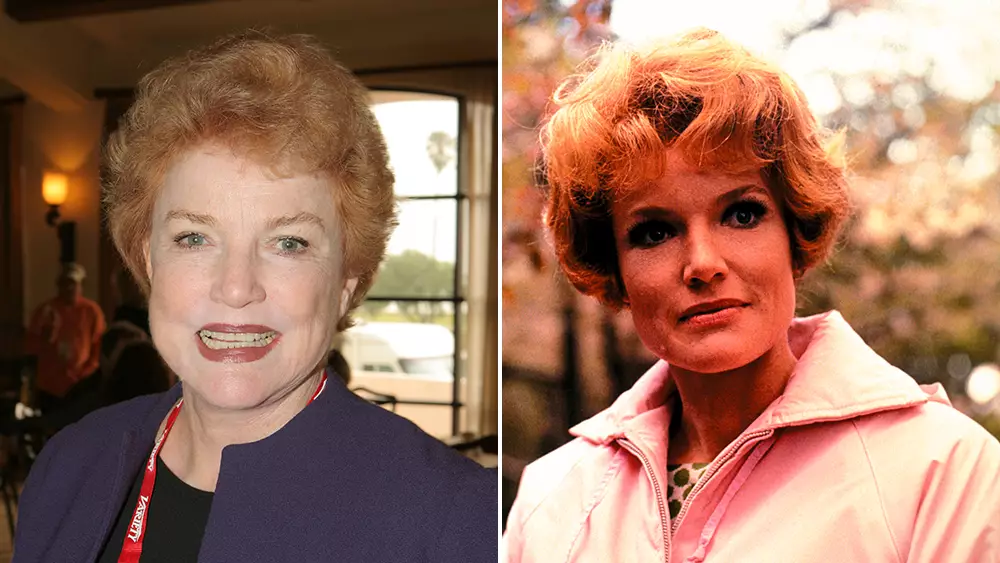The entertainment industry has lost yet another noteworthy figure with the passing of Pippa Scott at the age of 90. While her impeccable skills on screen garnered her a foothold in Hollywood, her life transcended mere theatrics; it was imbued with depth, resilience, and an unwavering commitment to humanitarian causes. Her death from congenital heart failure, as reported on May 22, 2023, serves as a poignant reminder that the arts and activism can be interwoven in the human experience.
Born on November 10, 1934, into a family deeply entrenched in the arts, Scott was destined for a creative path. With her mother being a stage actress and her father, Allan Scott, an Oscar-nominated screenwriter, it’s no wonder she felt compelled to pursue a career that would see her navigate the labyrinthine corridors of both success and social responsibility. Studying at prestigious institutions like Radcliffe and the Royal Academy of Dramatic Art in London, Scott was well-armed to face the cutthroat world of entertainment.
Iconic Roles and a Durable Career
Scott’s film career blossomed during the late 1950s when she became part of iconic projects like *The Searchers*—a film that still resonates through cinematic history. In a poignant twist, her character’s abduction mirrored the tumult of her own family’s history; her uncle Adrian Scott was a casualty of the Hollywood blacklist, a grim chapter that stifled many artists during that era.
On the small screen, her versatility shone through her appearances in a wide array of shows ranging from *The Twilight Zone* to *Columbo*. Despite the era’s fragmented socio-political climate, Scott seamlessly transitioned from roles in family dramas to gritty crime series, holding her ground as an actress with a myriad of dimensions. This adaptability not only showcased her talent but also established her as a reliable presence in American television during a time of rapid change.
A Life of Activism Beyond Acting
What sets Scott apart from many of her contemporaries is her relentless pursuit of justice. After her thriving acting career, she channeled her energies into humanitarian work, particularly during the dark periods marked by the Bosnian and Rwandan genocides. Scott founded the International Monitor Institute, which was crucial in gathering evidence for war crimes — a moral imperative that resonates powerfully in today’s world of ongoing injustices.
Producing impactful documentaries like PBS’s *The World’s Most Wanted Man*, Scott did not shy away from the hard truths of our time. This remarkable pivot from entertainment to activism reflects a strong ethical underpinning that is often lacking in the celebrity culture of today. It raises vital questions about the responsibilities of artists — should they merely entertain, or do they have an obligation to act as catalysts for change?
The Dual Legacy of an Artist and an Activist
Pippa Scott’s life and death challenge us to reassess our views on celebrity culture and social engagement. In celebrating her achievements, we must also ponder the impact she left behind, reminding us that the pursuit of artistic expression can indeed coexist with a deep commitment to global justice. As we mourn her passing, let us not forget the lessons embedded in her diverse career — that one’s platform should be used not just to shine on screens but also to illuminate the world.


Leave a Reply